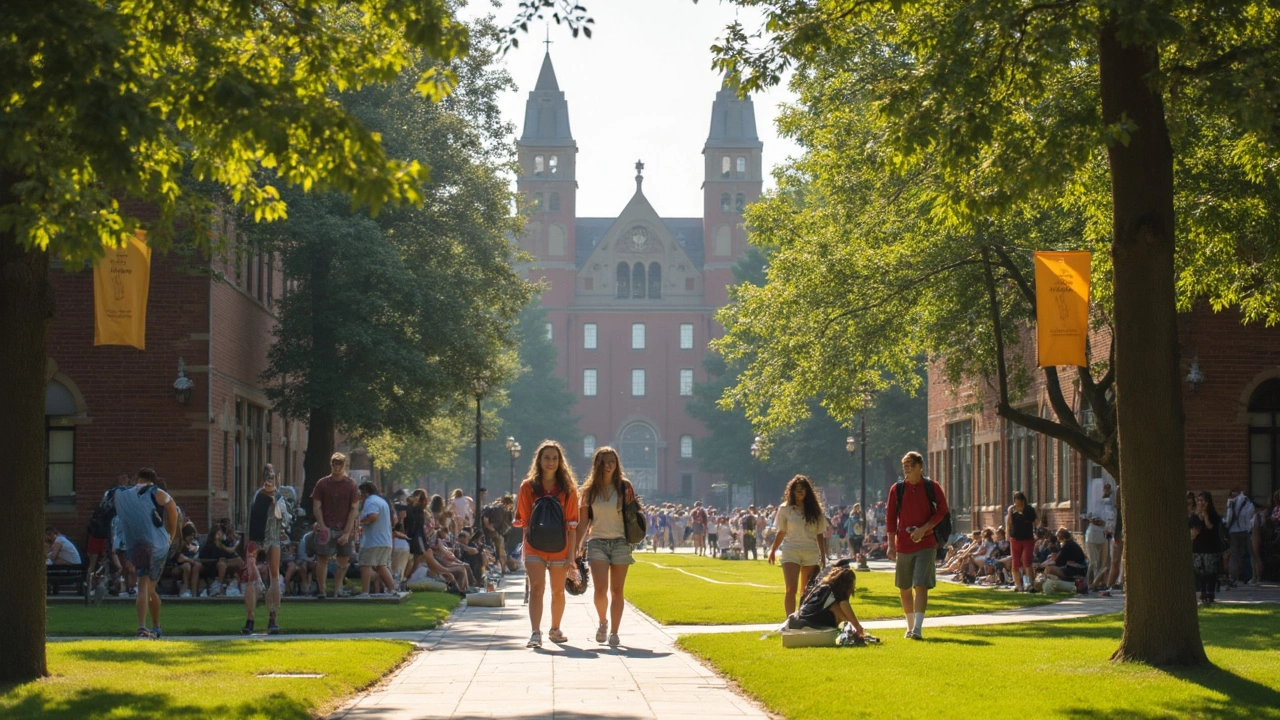Academic Camps: Make Learning an Adventure
Ever wonder why a short summer stay can spark a love for learning? Academic camps blend play, discovery, and real teaching so kids keep growing even when school doors close. They’re not just extra classes – they’re hands‑on experiences that turn curiosity into confidence.
At a typical camp, children dive into science experiments, art projects, and simple math games while playing outside. The daily routine might start with a nature walk, then a quick snack, followed by a group challenge like building a bridge or solving a puzzle. This mix keeps energy high and the brain active, so lessons stick without feeling like work.
What Makes an Academic Camp Effective?
First, the staff matters. Look for teachers or early‑year educators who know how to talk to kids at their level. They should be able to guide a project without taking over, letting each child try, fail, and try again. Second, the curriculum should match the age group – preschoolers need sensory play, while older kids can handle basic coding or simple robotics.
Third, a safe, supportive environment is a must. When kids feel secure, they’re more willing to ask questions and explore new ideas. Camps that use small groups, clear rules, and plenty of adult supervision usually see the best outcomes.
Choosing the Right Camp for Your Child
Start by asking what you want your child to gain. Is the goal social skills, a boost in reading, or a first taste of science? Most camps list their focus on their website, so match that with your child’s interests. If your little one loves animals, a camp with a mini‑farm or wildlife theme will keep them engaged.
Don’t forget practical details: location, price, and schedule. A camp close to home reduces travel stress, while a flexible timetable helps families fit it around other activities. Many camps also offer scholarships or reduced fees – it never hurts to ask.Finally, read reviews or talk to other parents. Real feedback often reveals how well the camp balances fun and learning. A good sign is hearing kids come home excited to share what they did that day.
Academic camps aren’t a one‑size‑fits‑all solution, but when you pick the right one, they become a powerful extension of everyday education. Your child walks away with new friends, fresh knowledge, and the confidence to try more challenging tasks back at school.
Ready to find a camp that clicks? Start by checking local listings, visiting a few open houses, and asking the staff how they measure progress. With a little research, you’ll spot a program that turns summer downtime into a stepping stone for lifelong learning.
Summer Schools in the US: What You Need to Know
This article breaks down what summer schools in the US are really about, who attends them, and what you actually do there. It's a straight-shooting guide with facts, tips, and real talk about how these programs work, how to find a good one, and whether they're worth the trouble. No boring explanations, just useful insights so you can decide if summer school is the right move for you or your family. If you’ve ever wondered if summer school just means makeup classes, you’re in for some surprises. All the info, minus the confusion.
